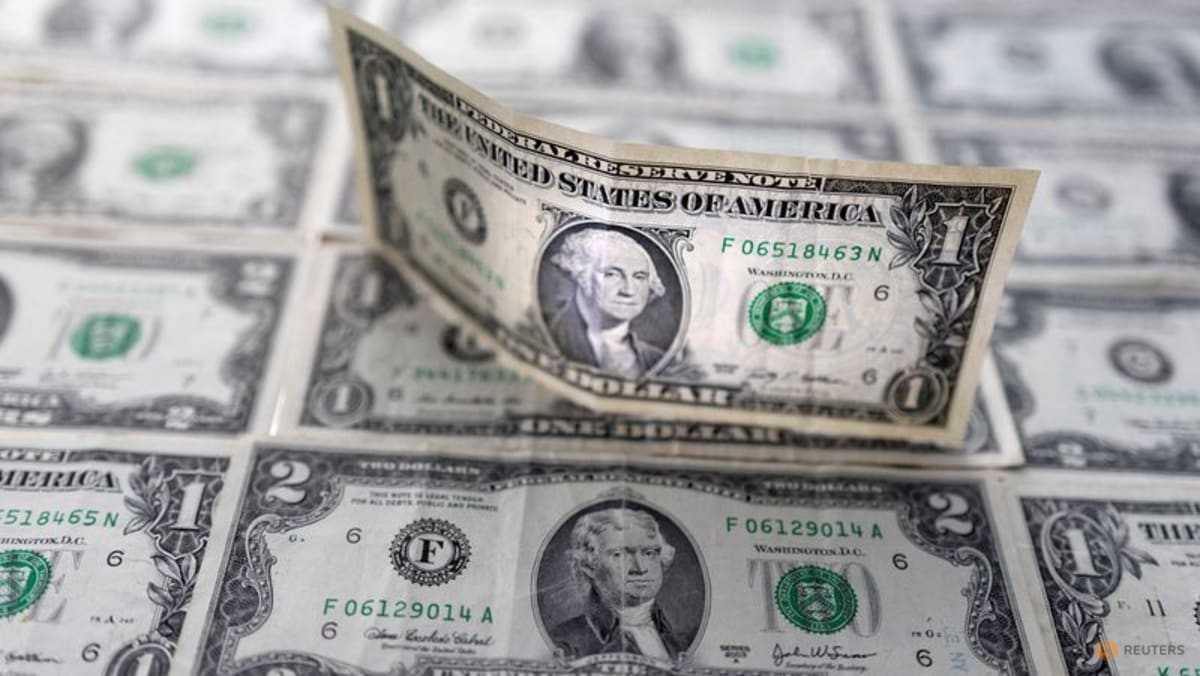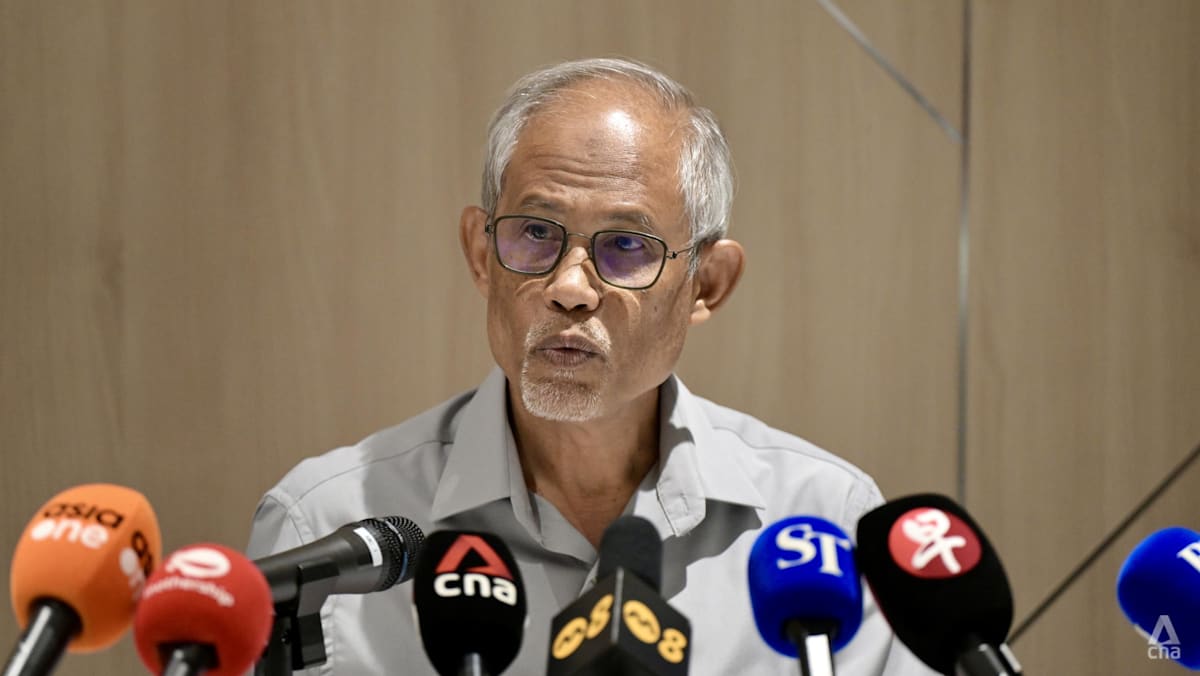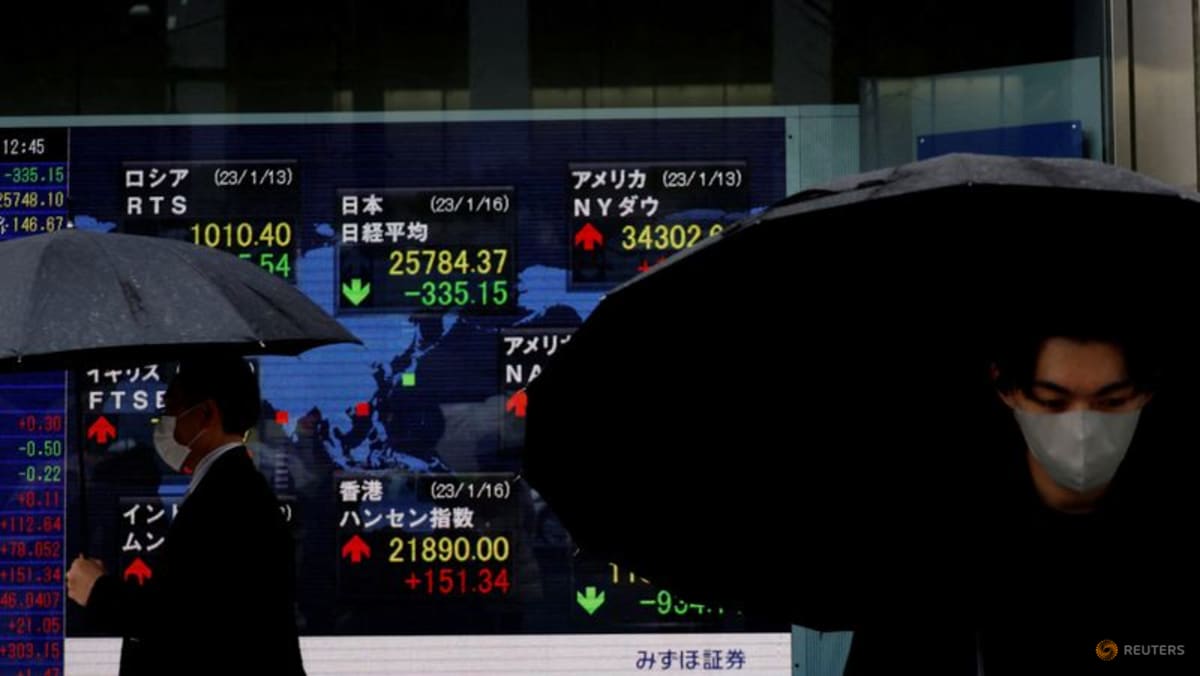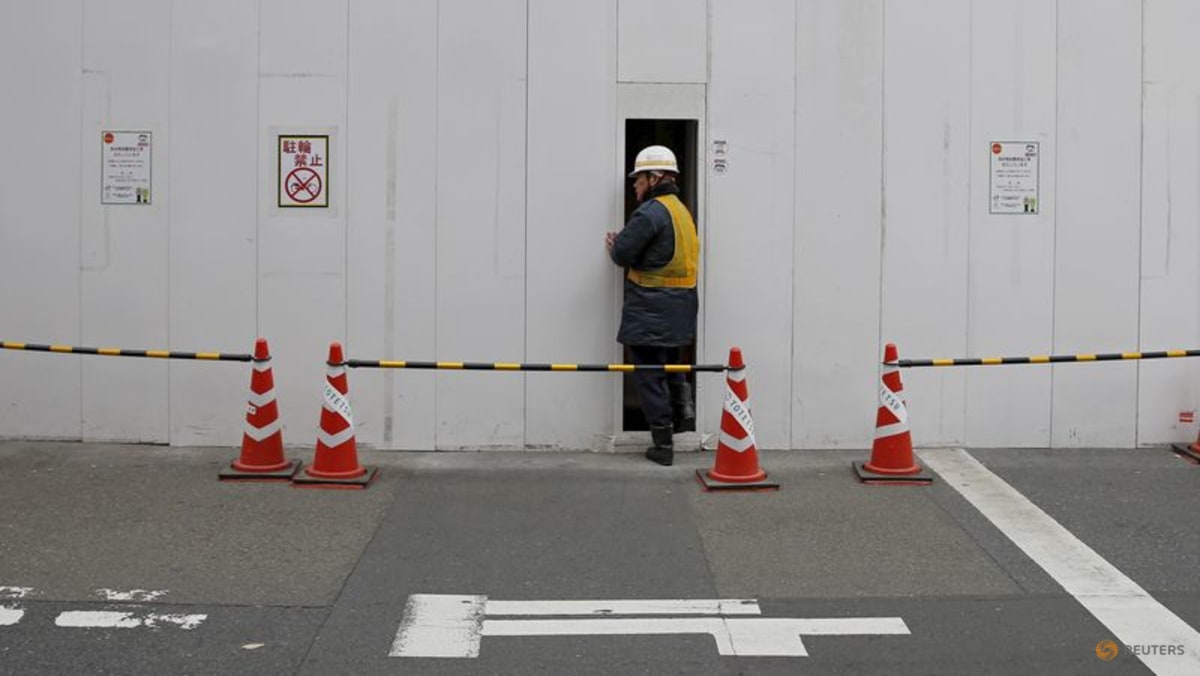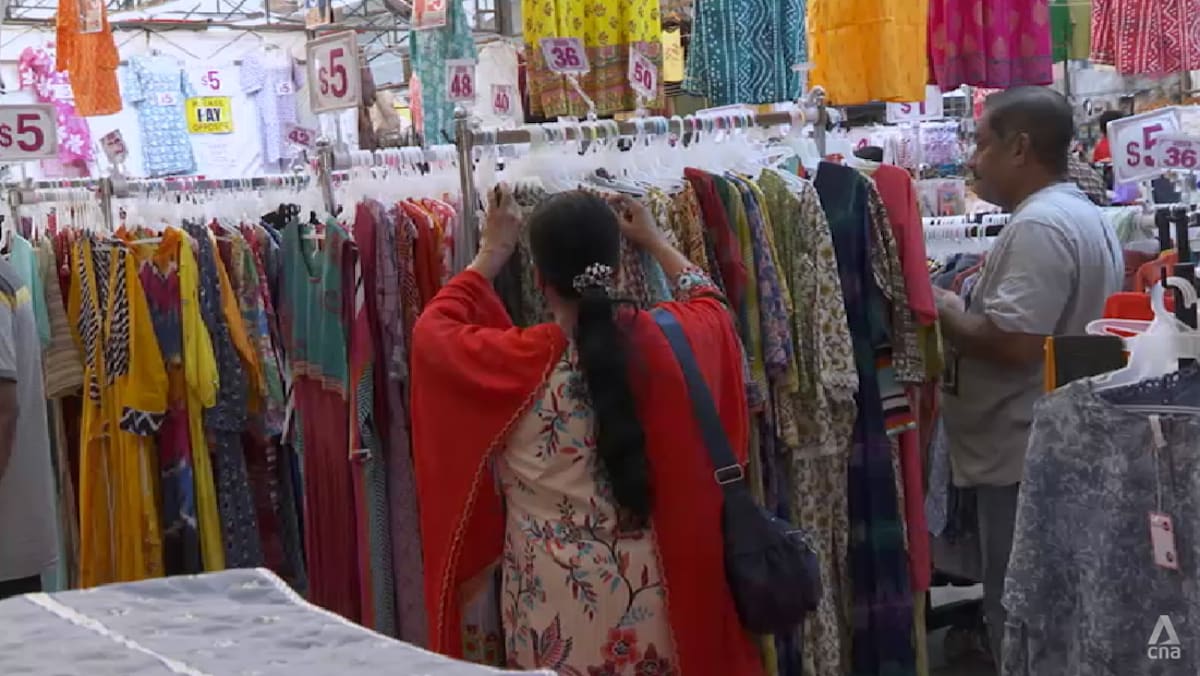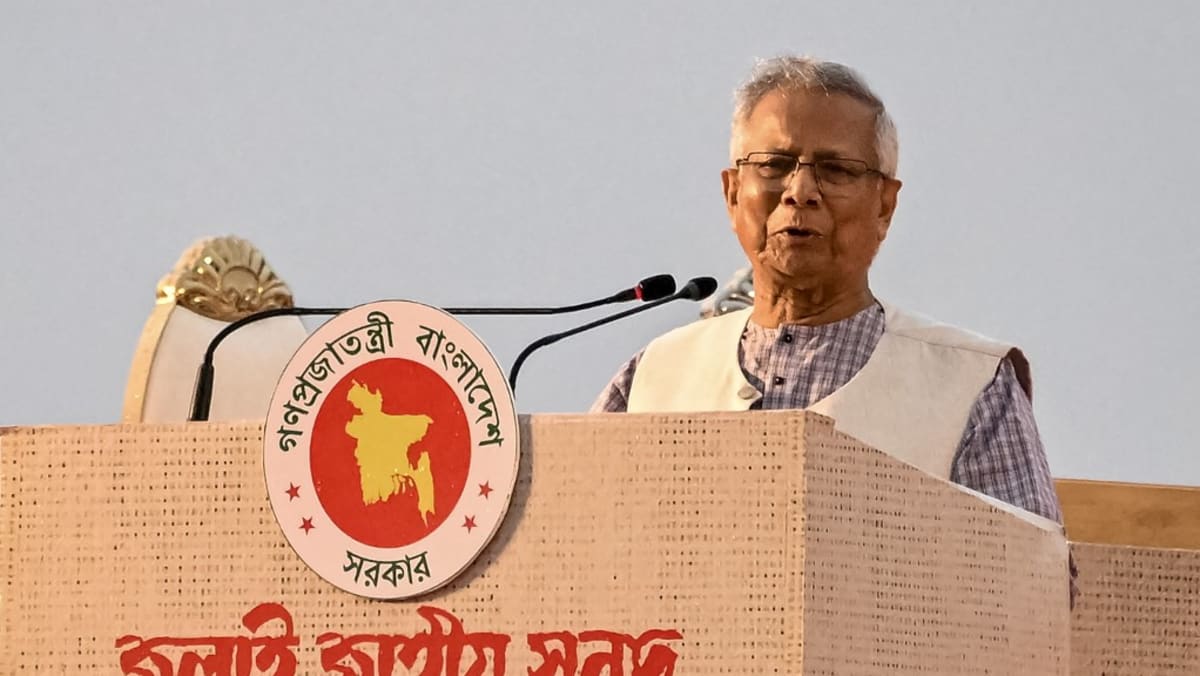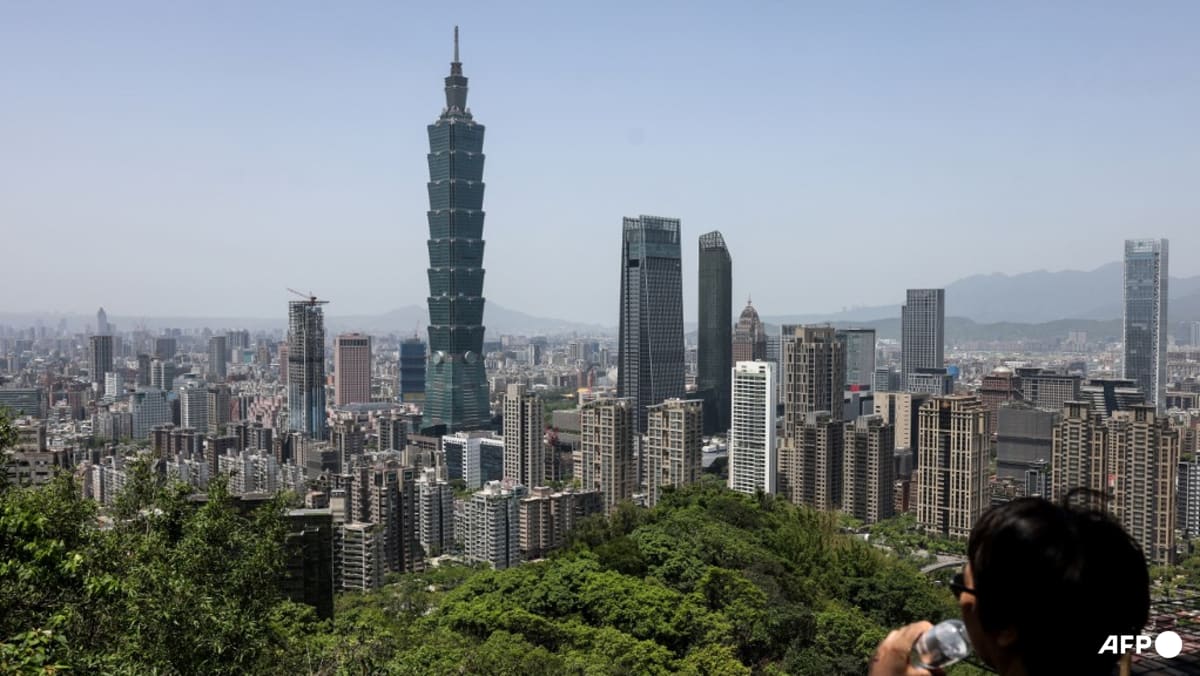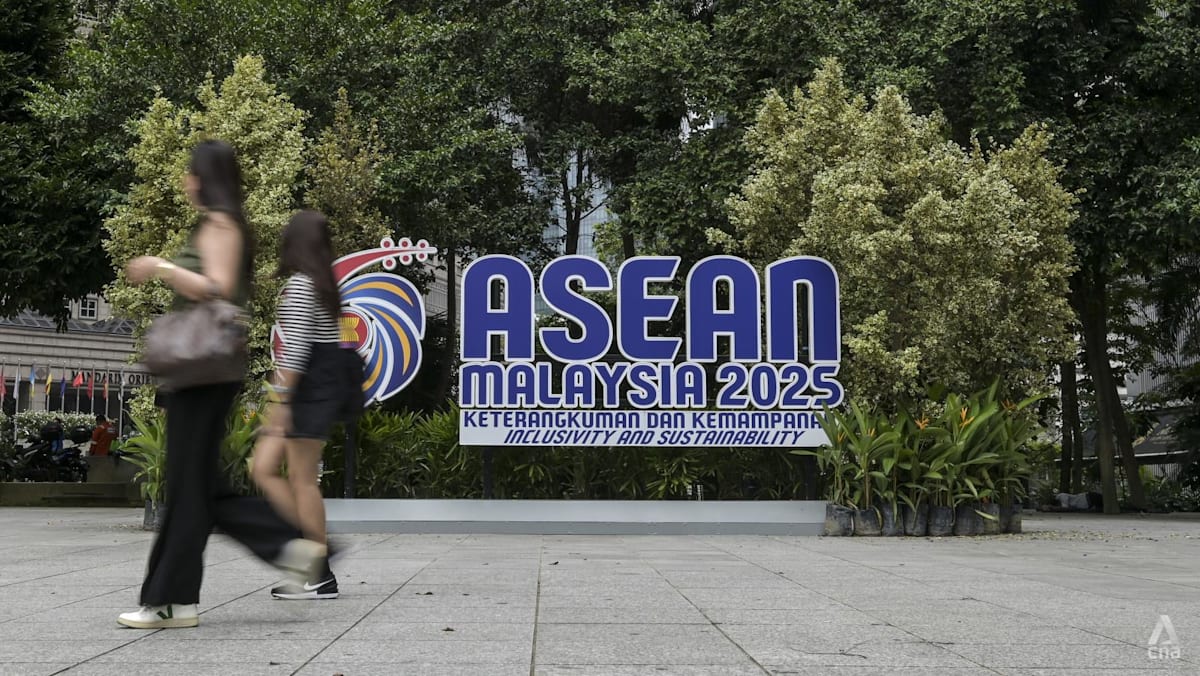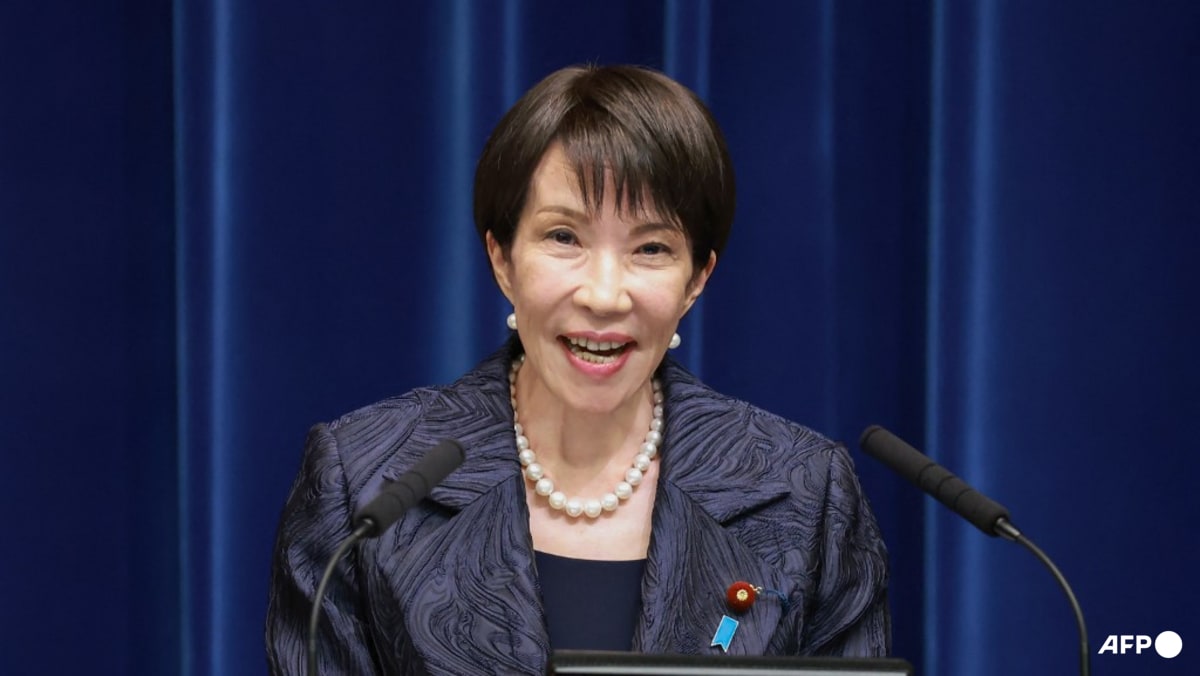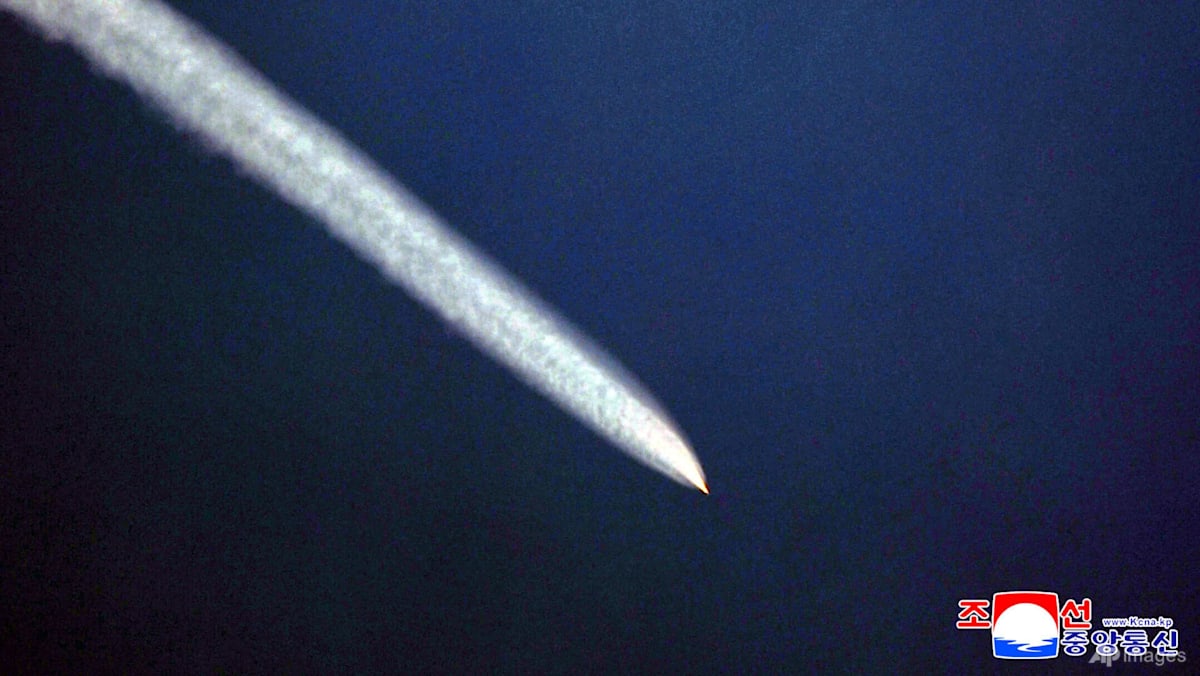DHAKA: Bangladesh, the world's second-biggest garment manufacturer, holds hope to reduce the 35 per cent tariff that United States President Donald Trump said he will impose, the country's top commerce official told AFP on Tuesday (Jul 8).
Textile and garment production accounts for about 80 per cent of exports in Bangladesh, and the industry has been rebuilding after it was hit hard in a student-led revolution that toppled the government last year.
"There is a hope for getting a reduced rate of tariffs as USTR (Office of the United States Trade Representative) sent another draft document for review," Commerce Secretary Mahbubur Rahman told AFP.
Rahman said the South Asia nation's national security adviser and commerce adviser were "working on the issue" in the US.
Bangladesh exported US$8.36 billion worth of goods to the US in 2024, while imports from there amounted to US$2.21 billion, according to the Bangladesh Bank and the National Board of Revenue.
US clothing companies that source products from Bangladesh range from Fruit of the Loom to Levi Strauss to VF Corp - whose brands include Vans, Timberland and The North Face.
Trump hit Bangladesh with 37 per cent tariffs in an Apr 2 announcement, but in a letter issued on Tuesday, the US leader said it would now be 35 per cent.
That is more than double the 16 per cent already placed on cotton products.
Dhaka has proposed to buy Boeing planes and boost imports of US wheat, cotton and oil in a bid to reduce the trade deficit, which Trump has used as justification for imposing painful levies.
Mahmud Hasan Khan, president of the Bangladesh Garment Manufacturers and Exporters Association (BGMEA), called it "a big challenge for the garment sector".
"We had expected the tariff imposed on us to be between 10 to 20 per cent," he said, adding he expected Dhaka's interim leader Muhammad Yunus to "raise the issue with the US".
Former BGMEA director Mohiuddin Rubel warned that the impact, as tariffs stand, would be dire.
"The new tariffs raise worries about job losses in Bangladesh as the US is its main export market," he said.
"Bangladesh needs to act quickly by engaging US importers to push for policy changes, resuming high-level trade talks, and highlighting the importance of its products."





